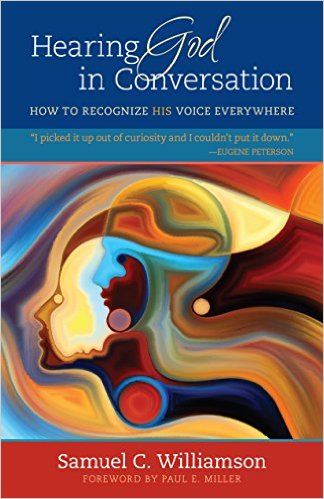|
Do We Know What We Worship?
.
by Sam Williamson
In 1930, legendary economist John Maynard
Keynes wrote an essay about our future lifestyle
in the twenty-first century. He predicted that
industrial progress would reduce our workload to
15 hours a week. Keynes may have been a brilliant
economist, but he was a pathetic prophet.
In fact, for many, the workweek over the last
forty years has increased. In 1980, the
highest earners worked the fewest hours. But
something happened in the following decades, and
by 2005, the longest average workweek belonged to
the richest ten percent.
Historically, the rich always worked fewer hours
because they could afford it. And the poor always
worked more hours, so that they could make more
money, so that they could work fewer hours.
To have the wealthiest work the most hours defies
all economic wisdom … unless our reasons
for work changed. We used to work out of
necessity, but Derek Thompson (a staff writer at The
Atlantic) argues that something else now
energizes our work hours:
The decline of traditional faith in
America has coincided with an explosion of new
[religions]. Some people worship beauty, some
worship political identities, and others worship
their children. But everybody worships
something. And workism is among the most
potent of the new religions competing for
congregants.
Nonintuitive Worship
This article began with observations about our workweek,
but what strikes me most is Thompson’s observation
about worship. He claims modern people
worship a variety of gods, just like the ancient
Greeks. (I would argue they are the same
gods with different names.) If this is true, then
we must revise our understanding of the nature
of worship.
Most people think worship is the first twenty
minutes of a church service. But that thinking
misses the heart of worship. Real worship is not
merely singing songs; real worship—the motivation
and actions of deep veneration—is what we do one
hundred and sixty-eight hours a week. We all
worship, and we worship all the time. The
nature of worship-ritual is nonintuitive.
It’s why workaholics work extra-long hours. They
find identity and hope in their careers. They even
offer sacrifices to their callings (just ask their
spouses and kids). It is in their work they feel
they are most themselves. Work is their salvation
from insignificance. Work is their
worship.
But others find salvation in parenting,
likeability, being religious, or being legendary.
When the famous tennis player Chris Evert was
about to retire, she said,
I had no idea of who I was or what I
could be away from tennis. I was depressed and
afraid because so much of my life had been
defined by being a tennis champion. I was
completely lost. Winning made me feel like I was
somebody. It made me feel pretty. It was like
being hooked on drug. I needed the wins. I
needed the applause.
Where Is our Heart?
Real worship rites have always been
non-traditional: the ancient rites of sacrifices
and the modern song-fests can be skin-deep
practices that have nothing to do with our
deepest, daily adoration. Because we worship
whatever we ascribe ultimate value to.
- If we most want a good name, we may work
hard, or spend time with our kids, or walk
little old ladies across the street. As long
as our good name is held in high esteem.
- If our ultimate value is to feel good, we
may pursue romance, or make lots of money, or
drop out of work altogether. We might even
sing worship songs. All for the euphoric
feelings these activities give us.
We most value what our heart most cherishes; and
all the affections of our heart—from its
mountaintop joys to its undying desires—meditate
on that object of worship we most revere.
Our real religion is what we obsess about as we
wait for the cashier at the Walmart store.
Sam

Sam Williamson has published
numerous articles and has written two books.
He has a blog site, www.beliefsoftheheart.com,
and can be reached at
Sam@BeliefsoftheHeart.com.
Hearing
God in Conversation: How to Recognize
His Voice Everywhere, by Samuel C.
Williamson, published by Kregel
Publications, 2016, available from Amazon
top
photo of a man looking out of a
skyscraper window at the night city
skyline, (c) by Elnur at Bigstock.com
|

